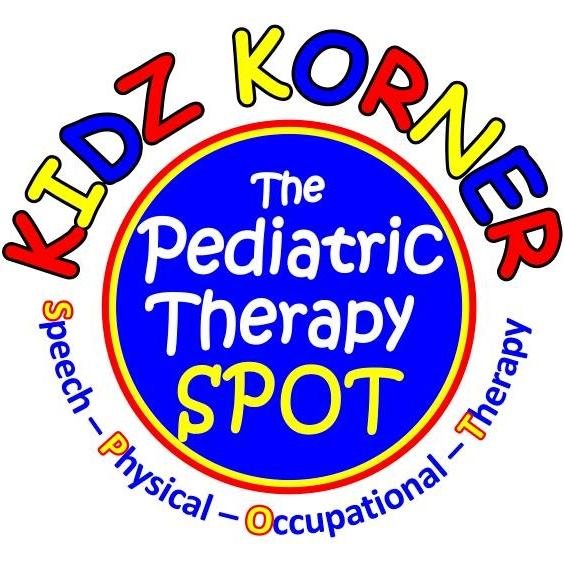Frequently Asked Questions
Have a question you don’t see below? We’re here to help.
What Should I Do to Get Started With Therapy?
After receiving a physicians referral, please contact our office to schedule your first appointment. Our friendly office staff will do their best to answer all of your questions, schedule your initial evaluation, and help you take your next steps.
The Initial Evaluation Appointment
Upon your arrival to our facility, please check in at the front desk with the following items: Your completed new client packet, insurance card, and prescription for therapy from your child’s pediatrician to our office staff.
The initial assessment will last approximately 60 to 90 minutes depending on your child’s endurance, attention, and participation. We request that parents or care givers remain present for the beginning of the evaluation in order to discuss current concerns with your child’s development. Following this discussion, we will take your child into one of our therapy rooms for their testing. If you would like to observe a portion of or all of your child’s assessment, please just let us know. If for any reason your child is not performing up to what you feel is “their best ability” with you present, then we may ask that you return to the waiting room until our assessment is completed to ensure the most valid results.
Upon completion of the assessment, the therapist will discuss any areas of suspected delay with you, and make recommendations for therapy. On-going therapy sessions may be scheduled at this time. We will do our best to accommodate your scheduling needs and to coordinate multiple disciplines if this is necessary. Our comprehensive assessment will be provided to you as well as a plan of care and goals for future therapy sessions. We strongly encourage all parents/care-givers to share with us personal goals you would like to see your child achieve as well so that these may be included in the evaluation report.
The First Therapy Session
Please arrive at least 5 minutes before your child’s therapy session with your child dressed in comfortable clothes that are suitable to get a little “messy”!
Payments for therapy, including all co-pay’s, co-insurance, and deductibles will be collected at the time of service. Therapy services not covered by your insurance company, or for individuals without health insurance coverage, will also to be collected at the time of service.
Therapy sessions are 30-50 minutes in length with the last 5-10 minutes set aside for parent education and discussion of progress in therapy that day. During your child's therapy session, most of our parents remain in the waiting room. Typically, children participate at a greater level, and/or transition more easily between activities without their parent present. Occasionally, parents may be requested to observe portions of, or all of the therapy session. Parents may also request to observe their child’s entire therapy session at any time.
If a parent wishes to leave the facility while their child is in session, please ensure that all contact information is up-to-date. We request that you return within adequate time to meet with your child’s therapist to review their progress and encouraged home activities.
How Long Will My Child Receive Therapy Services?
This question will be more easily answered once your child’s evaluation is complete. If therapy services are recommended, a frequency and tentative time line will be established, along with a plan of care, and goals to be achieved on both a short-term and long-term basis. Most of our patients begin therapy one to two times a week for a period of 6-12 months depending on severity of needs. Children continue at their recommended frequency for as long as it is needed. As long as your child is making progress towards their goals, therapy will continue.
When Will Therapy Services End?
Therapy services are discharged when the child has met all their goals, achieved age-appropriate skills, or is no longer benefiting from direct service. We encourage all children and family members to be actively involved with all parts of the therapy process, including setting goals, establishing a plan of care, carrying out recommended home exercise program activities, and with discharge planning.
Therapy services may be recommended to cease for different reasons. Occasionally, a child who has a long-term need with more severe deficits, may need to “take a break” from therapy. The child may experience frustration with their delays and overall difficulties with therapy activities, choose to take a little time off, and then resume therapy after a period of weeks/months. We also feel it is important to assess whether a child is able to maintain their level of function and continue to progress without direct services after a period of time in therapy.
